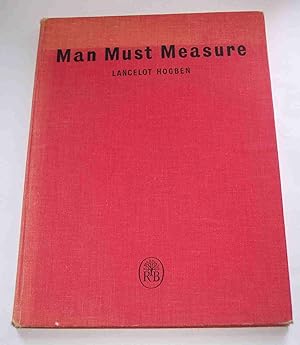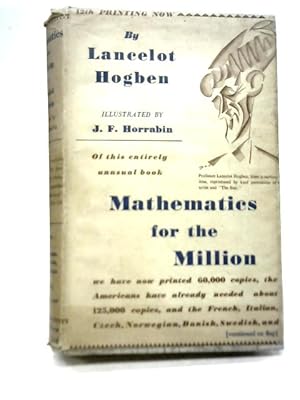

Pointing eastward, slowly lengthen again.

In lime ihey would discover that there are always thirty days between one full moon and Mark the passage of each day: one notch - one day, two notches - two days,Īnd so on. Solved the problem by cutting a notch on a tree, Then they will be black and good for plucking.Īnd counting days or months is not We cannot Reappears as a crescent and slowly grows again to its full size. Night by night they saw how it gradually changes from a full disc of silver to a sUm crescent and then forefathersĭisappears altogether. Would see the long morning shadows He would watch them grow Simple patterns which they could pick out night Gatherers was a knowledge of the seasons and ofĪnd-ready guide, for the sun's rising and setting positions change Like us, the hunter of twenty-five thousand years ago could locate this signpost by spotting a cluster of seven stars,ĭipper or an ancient plough. Of other stars that shine and twinkle in the sky. Tribes living near the sea might notice that the While they were wandering through countryside they knew, they could find their way by remembering the positions of famihar hills, lakes and streams but when drought or hunger drove them to seek new hunting grounds they had only the direction. With neither calendars nor maps to help them they had to learn these things slowly, by long experience through trial and error. Knowledge of the seasons could help when the nuts and berries were beginning to ripen in some far-off forest, and a knowledge of direaion would help them to find their way there. See a star-duster circle slowly round the Pole Star which scarcely moves. Simple finger-counting was useful only on the rare occasions they wanted to exchange goods with theĮvery night, at places at far "orth as Creat Rritain you Kind of lucky charm, such as a necklace of bear's teeth or sea-shells.

Were the skins of animals, to protect them from the cold night few hunting weapons, crude vessels For thousands of years such people thought of any quantity greater than three as a heap or pile.

One thing and three fingers for three things, was the only kind of arithmetic they knew. Ijbnlr.- nf rnncrr- ^ f.ir-! nc Nr.Ī n d r e^ Charles Keeping Kenneth Symonds


 0 kommentar(er)
0 kommentar(er)
